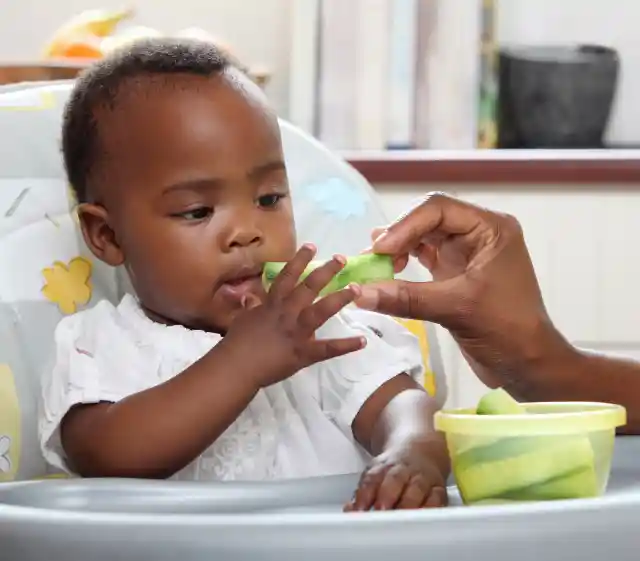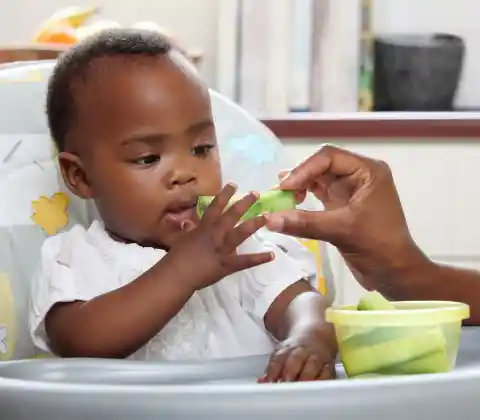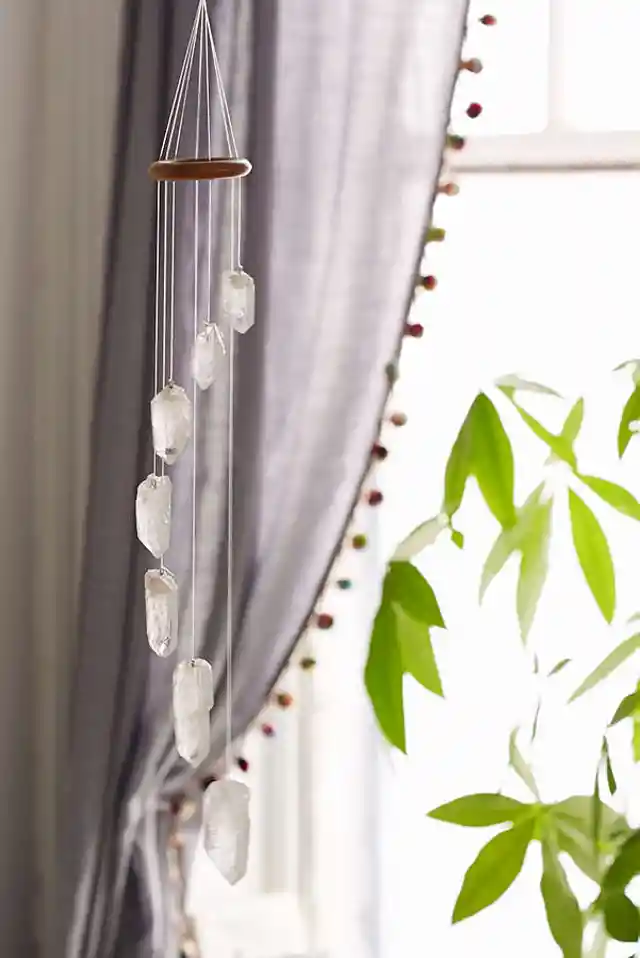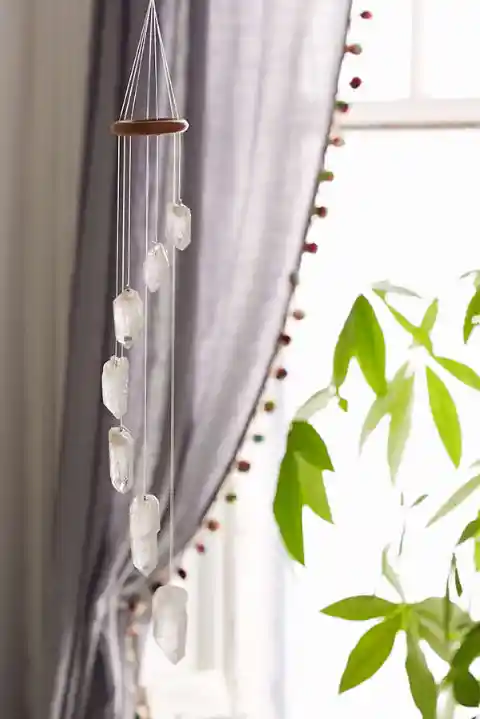Oh, how many moms and dads have struggled over the years to their children to eat their vegetables. It’s so important that you don’t give up because of how much easier it is (surprisingly, I know) to develop a palate for nutritious food when you’re young. Starting kids off eating healthy is key to them living a longer life but we know just how hard it can get at times. It seems like all they like is boxed mac and cheese and cookies. You must stay strong! For there is light at the end of the tunnel because I have a trick that just might save the day.


Bare with me, because it might sound a little strange at first, but wind chimes may actually help your baby eat more veggies. According to Charles Spence, a professor of experimental psychology at the University of Oxford, says that it’s the high pitched sounds that the windchimes create that help stimulate the brain and it actually makes food taste sweeter.
The sweeter the food, the more likely your baby or toddler is going to like it. He even suggests that picky or fussy eaters should be encouraged to play with their food to make it a more positive experience while the windchimes are making sweet noise in the background.


He’s basically describing that music literally has a sweet note,“The idea with chirpy music such as wind chimes is that it contains the high-pitched musical notes that have been shown to bring out the sweetness in a food that contains a sweet note”. While you use the music technique it’s also important to keep offering your children healthy foods, because it can take way longer than you might think for them to catch on, “parents shouldn’t pressure a child when introducing vegetables. Instead, she suggests that you continue to offer these foods without saying a word—up to 20 times—before deciding that your child doesn’t like it” according to Dr. Gemma Witcomb.
An evolutionary trait we all have in the early stages of life is to be wary of new foods because it used to protect us from being harmed from potentially dangerous things, so be patient with your little one. When they’re old enough, keep the music technique going but also incorporate some hands-on learning because children really do like to help and it’s an opportunity to teach them what veggies pair well with what.
But most importantly, Dr. Witcomb suggests that parents each what they expect their children to eat, “They will quickly work out you aren’t eating that cabbage that you’re forcing them to try”, according to her Child Feeding Guide.